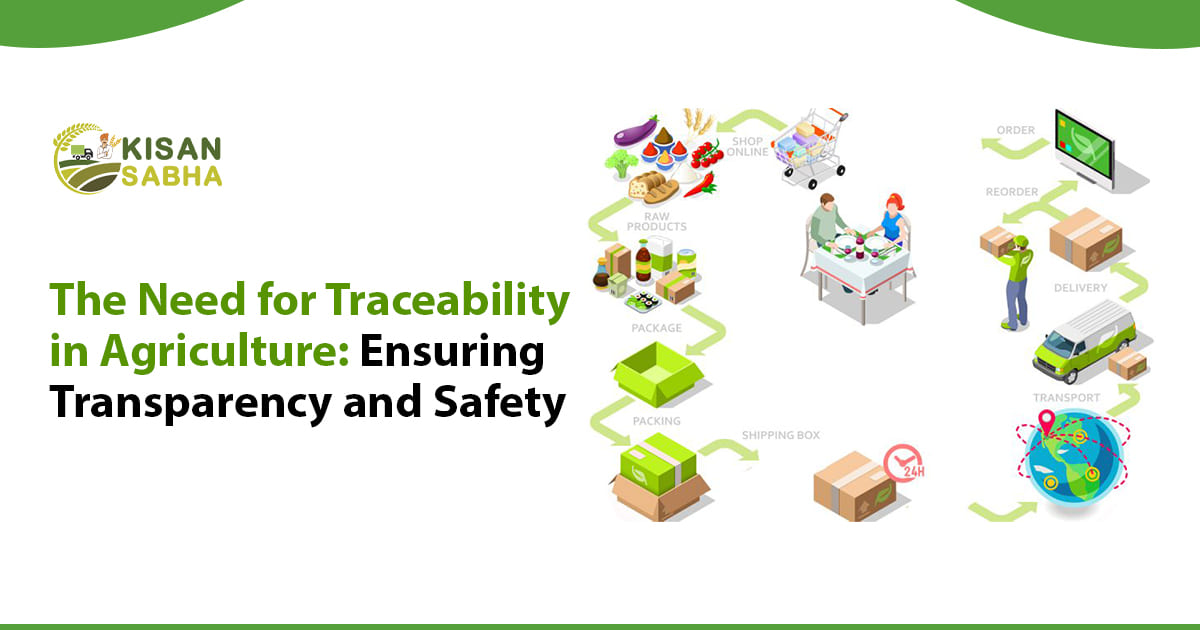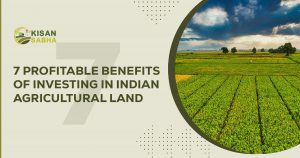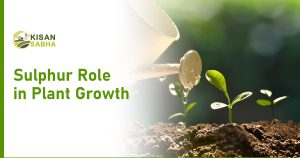In today’s interconnected world, consumers are increasingly concerned about the safety and provenance of the food they consume. As a result, there is a growing demand for traceability in agriculture, which refers to the ability to track and trace the journey of a product from farm to fork. This article explores the significance of traceability in agriculture and highlights its benefits in ensuring transparency, safety, and sustainability.
Enhancing Food Safety
Traceability plays a crucial role in ensuring food safety by allowing farmers, distributors, and consumers to identify the origin of a product and track its production process. In the event of a foodborne illness outbreak or contamination, traceability systems enable swift identification of the source, facilitating targeted recalls and minimizing risks to public health. By implementing robust traceability measures, we can prevent the spread of diseases, protect consumers, and maintain the integrity of the agricultural industry.
Quality Assurance and Product Integrity
Traceability systems provide an effective means of verifying the authenticity and quality of agricultural products. Through traceability, consumers can gain confidence in the products they purchase, ensuring they receive what they expect. This is particularly important in the case of premium or specialty products, where consumers are willing to pay a premium for unique attributes or certifications. By implementing traceability, producers can differentiate their products in the market, thus fostering trust and loyalty among consumers.
Supply Chain Management and Efficiency
Traceability systems enable effective supply chain management, allowing producers to optimize their processes and reduce waste. By tracking each step of the supply chain, from seed to shelf, stakeholders can identify bottlenecks, inefficiencies, and areas for improvement. This data-driven approach enhances productivity, reduces costs, and ensures a more sustainable use of resources. Furthermore, traceability enables better inventory management, reducing the risk of stockouts or excess inventory, thus optimizing the overall supply chain.
Also Read:- Why do We Need a Skills Framework for Agriculture?
Supporting Sustainability and Ethical Practices
In recent years, consumers have become increasingly concerned about sustainability and ethical practices in agriculture. Traceability systems provide a means to verify and promote sustainable farming practices, fair trade, and adherence to environmental standards. By tracing the origin of a product, consumers can make informed choices aligned with their values, supporting producers who prioritize sustainable practices. This demand for traceability incentivizes farmers to adopt more environmentally friendly methods, contributing to a more sustainable and ethical agricultural sector.
Strengthening Market Access and Trade
Traceability systems bolster market access and facilitate international trade by meeting the stringent requirements of importing countries. Many nations have strict regulations and standards regarding food safety, quality, and traceability. By implementing robust traceability measures, agricultural exporters can comply with these regulations, gaining access to lucrative markets. Additionally, traceability systems provide a competitive advantage by demonstrating a commitment to transparency and accountability, which can enhance a country’s reputation and attract foreign investment.
Conclusion
In conclusion, the need for traceability in agriculture is undeniable. Implementing robust traceability systems can enhance food safety, ensure product integrity, optimize supply chain management, support sustainability, and strengthen market access. The benefits of traceability extend to all stakeholders, from farmers and producers to distributors and consumers. As technology continues to advance, we must invest in traceability solutions that promote transparency, safety, and sustainability in the agricultural sector. By doing so, we can build a food system that is resilient, trustworthy, and capable of meeting the evolving demands of consumers around the world.




